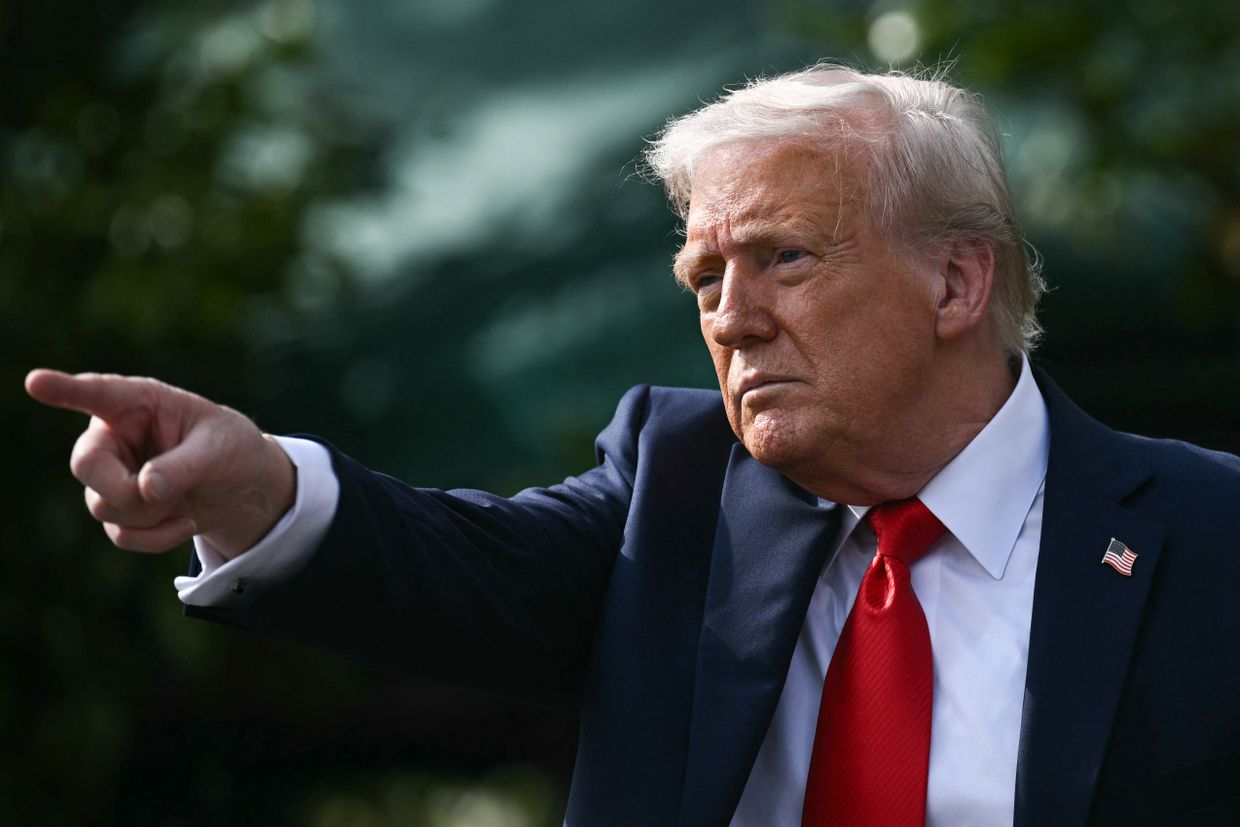Czechia independent of Russian oil for first time in history

Czechia is now completely independent of Russian oil, Czech Prime Minister Petr Fiala and other officials announced on April 17, marking the first time in history no Russian pipeline oil flows to the country.
Prague is receiving no supplies through Russia's Druzhba oil pipeline for the first time in over 60 years, securing alternative supplies thanks to the expansion of the western Transalpine Pipeline (TAL), running through Italy, Austria, and Germany.
The move underscores Europe's efforts to end its reliance on Russian fossil fuels in response to Moscow's all-out invasion of Ukraine. In May, the EU is expected to present a plan for a full phase-out of Russian fossil fuels by 2027.
"We completed another step toward our energy independence," Fiala told journalists at the central oil storage facility near Prague alongside Finance Minister Zbynek Stanjura and Jaroslav Pantucek, director of the state-run oil transit company MERO.
Officials said Czechia has not been receiving Druzhba oil for several weeks. In recent years, Russian oil covered roughly half of the country's demand.
Prague expects up to 8 million metric tons of oil from the western pipeline per year, which should be sufficient to cover its needs.
While the EU banned Russian pipeline oil imports in 2022, Czechia, Slovakia, and Hungary received a waiver from the ban due to the lack of viable alternatives.
Already in November 2022, the Czech government decided to launch the TAL-PLUS project to secure an alternative oil supply. Technical work on the project began in May 2024, and the same year, Prague said it would not seek an exemption from the ban on Russian oil.
The Druzhba pipeline, running from Russia through Ukraine and Belarus to EU countries, was first launched in then-Czechoslovakia in 1962.












